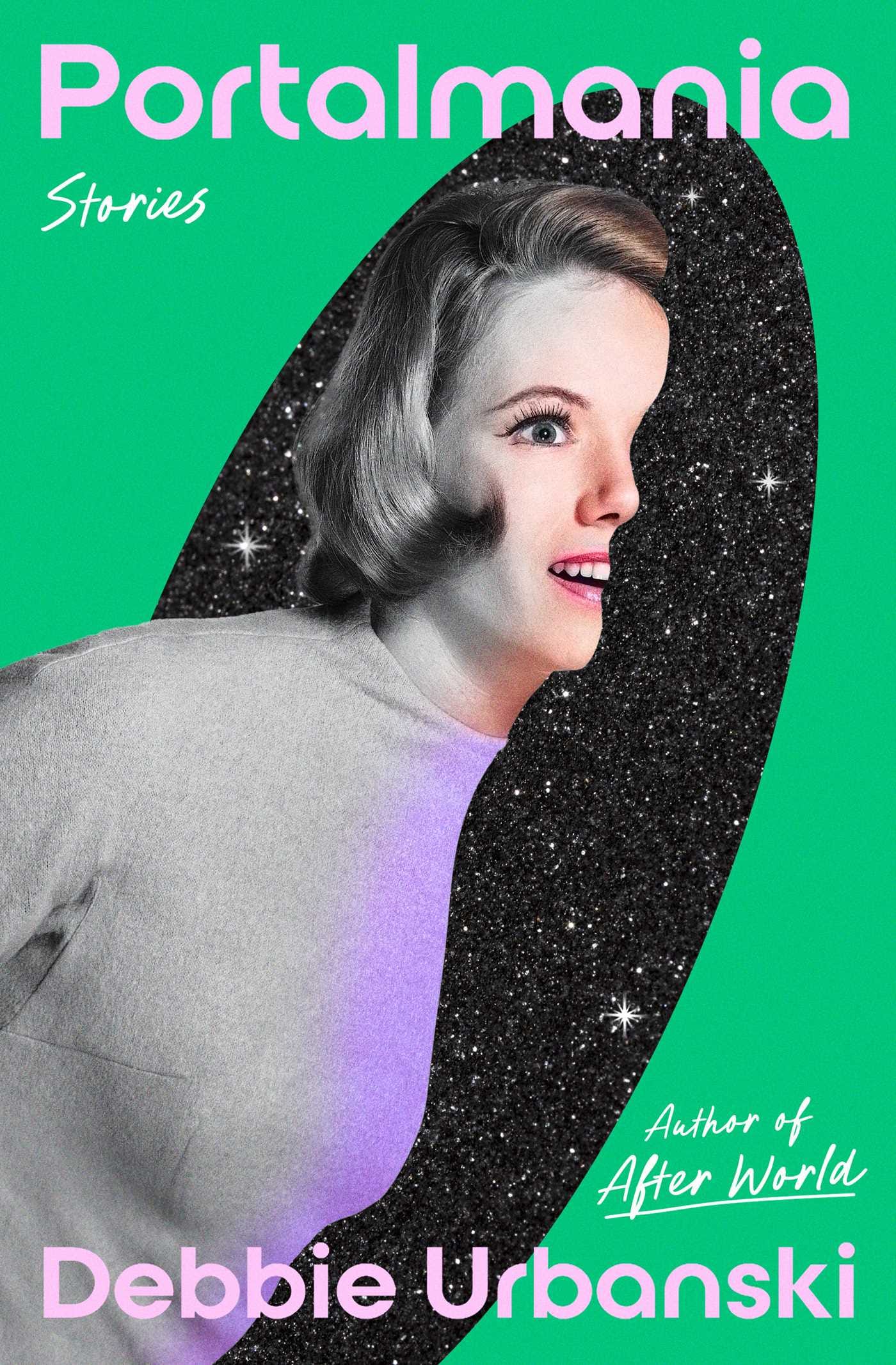Exploring Asexuality Through Fiction
Portalmania, by Debbie Urbanski, offers portals into asexual existence
As a sociologist, I tend to examine asexuality through data: interviews, surveys, content analyses, digital ethnography, etc. I also read a lot of studies to keep up with what other researchers are learning about asexuality.
But I think it’s a mistake to assume we can only learn about something through data, studies, and empirical evidence. Fiction, for example, can shine a different light on a topic, giving us new ways of making sense of the world around us.
Just yesterday, I was reading Life Ceremony, a short story collection by Japanese author Sayaka Murata, when I came across two stories that have clear (albeit) implicit asexual and aromantic resonance.
Murata’s stories “A Summer Night’s Kiss” and “Two’s Family” center on two women, one with no desire for sex and another with no desire for romance. In “Two’s Family,” Murata considers the beauty—and the difficulty of explaining—a life shared by these two women, with a shared home, shared children but without shared sex and romance. It’s a queer story that doesn’t center on the sexual. Murata never mentions the words “asexual” or “aromantic,” but the characters can easily be read through that lens.
Thinking about asexuality is a core part of my job. Getting a fictive lens into asexuality through stories like Murata’s reliably provides me with new food for thought.
Portalmania
Today, a new story collection was published that has even stronger asexual resonances. Portalmania, by Debbie Urbanski blends sci-fi, fantasy, horror, and realism to explore a range of topics, including asexuality and compulsory sexuality.
Urbanski kindly sent me an advance copy earlier this year. Once I started reading, I could hardly put it down—and now I’m excited to recommend it to you.
Through fiction, Urbanski pushes us to consider how sex, sexuality, coercion, neurodiversity, betrayal, and parenthood shape us and our relationships to others.
Portalmania offers new portals into asexual existence. It’s entertaining, sometimes disturbing, thought-provoking, and a valuable contribution toward the collective project of examining what it means to be asexual.
If you want to explore even more work that focuses on asexuality, Urbanski also recently published an article in Electric Lit of nine books that center asexuality. The list mentions some books that I already know and love (like Martha Wells’ Murderbot series, as well as Angela Chen’s Ace and Sherronda Brown’s Refusing Compulsory Sexuality), but it also featured some books I’ve never heard of but am curious to check out (including another book by Sayaka Murata). I also make a brief appearance in the article to recommend Alice Oseman’s lovely book Loveless.
All of this is to say that reading fiction isn’t frivolous. Even as an asexuality researcher, I find much to learn about asexuality through reading fiction. I think you will too.
Canton Winer is an Assistant Professor of Sociology and Women, Gender, and Sexuality Studies at Northern Illinois University. His research focuses on the relationships between gender and sexuality, with specific focus on the experiences and perspectives of people on the asexuality spectrum. You can keep up with his research on Bluesky.
Want to support my research on asexuality? Consider becoming a contributing subscriber by clicking on the button above. I am committed to keeping my work free, without paywalls. Consider your paid membership a token of appreciation, an investment in research on asexuality, and a small but meaningful way to join a community that shares your interests.



Muraka has some of the best fiction on women and asexuality. Earthlings and Convenience Store Woman as well. I think she does it blunt and fascinating job of representing the type of social masking performed by asexual women. It intersect with neurodiversity, I think, but I would definitely describe this masking as something unique.
So so so glad to hear about this new collection, I'm adding it to the top of my reading list!